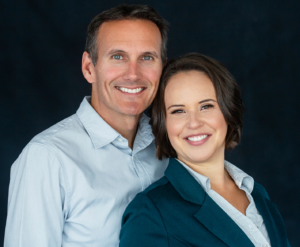
The CPR Process of Repair
“The CPR Process of Repair” – is a 3-step roadmap to help couples recognize their cycles, step away from heightened emotions, and come together to process their feelings and resolve conflicts in a healthy and constructive way.







